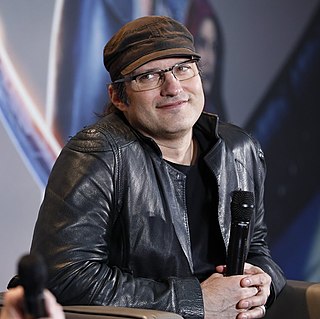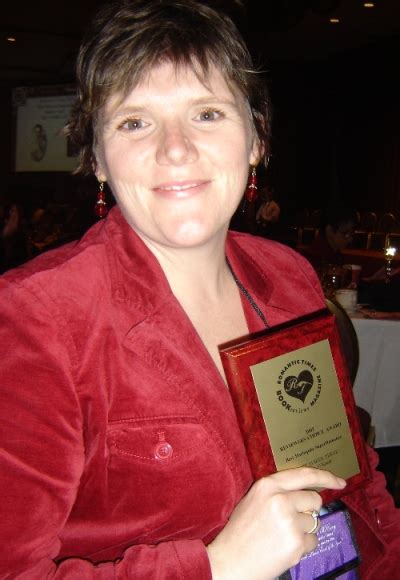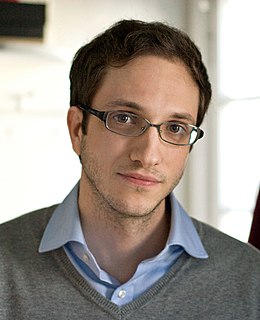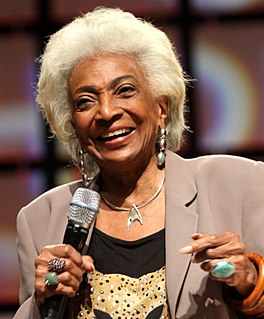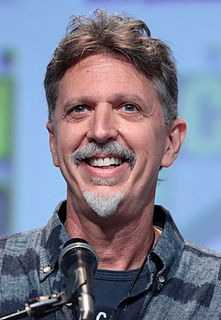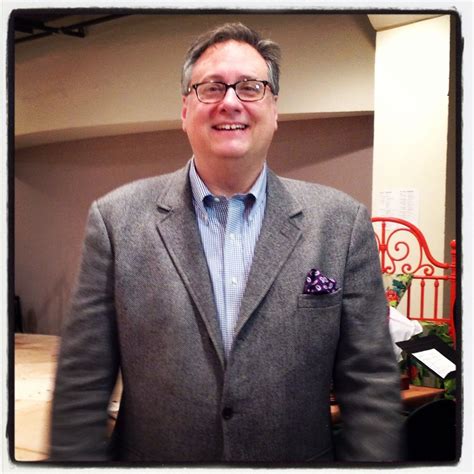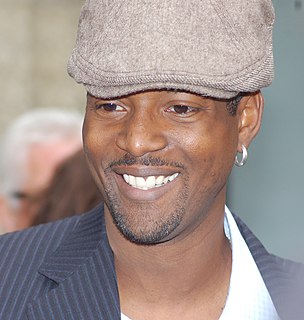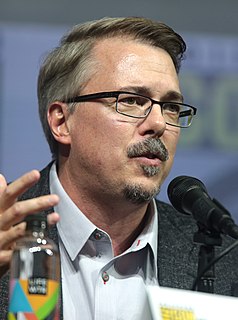A Quote by Robert Rodriguez
Television series always have a lot of characters because you want people to identify with someone on the show, who will be your eyes.
Related Quotes
Reality television paints a simple black-and-white world of good characters and bad characters; people we want to root for and people we want to see ruined. There is none of the gray ambiguity that colors real life. I no longer watch a lot of reality television, but sometimes I can't look away from 'Honey Boo Boo.' I just can't.
The term 'web-series' has a stigma attached to it because it was created at a time when the only web-series that were being created were being created by people who would have loved to have a television show, but they couldn't. So they created a web-series instead, on their own dime. And those series look cheap because of it.
One of the most fun characters I played on a television series, which didn't last long... was a show called 'American Gothic' that Shaun Cassidy created. I would have loved to have done that show forever. That character was so funny yet demonic. It was really good writing and a really good idea. I loved all the people on the show.
I have been villainized because of my identity - I've received nasty blog comments and emails just based on my willingness to identify with feminism by people who clearly don't understand what I value and why I identify as a feminist. Ultimately, I'm less concerned with whether or not people identify as feminist and am more concerned with whether or not people understand what feminism is. If they don't want to identify as a feminist that's fine. I respect people's decision to identify any way they want and expect that same respect in return, although I don't always get it.
Even the most loyal viewers of a show would only watch one out of three episodes. As someone who made television, I always found that hard to believe because you want to believe people who love your show are watching every episode, but statistically it was true that people who considered themselves the most loyal viewers were only watching one out of three.
The ones I love most are the people who the flaws show. I like doing characters that we see the total person. If people get afraid to show the flaws because they think, "Oh, then nobody will like them," then you end up with a lot of products, and everybody wants to be frigging heroic all the time - not what people are trapped in every day, like your skirt being in your panties after you walk out of the bathroom. Being human. Sometimes when people are drawn to your work, they're drawn because they recognize themselves or their loved ones or their neighbor in it.
When you do a film, when you do a television show, eventually someone comes along and will say to you, 'Don't say that because, one, you will offend someone, or, two, no one will get that. Someone's going to be confused by that, not get the reference and feel abandoned, and then they will get angry at the entertainment.'
I hide my emotions mainly because you don't want somebody to know that you feel sorry for them, because they will feel worse, or because you don't want someone to know or see your fear. If someone like a sick kid or a burn victim sees your fear, they respond to how you respond. And if you show them it's terrible, they will get upset. It's something I've learned over the years.
TV is designed to keep characters in place for years on end. The best example is 'M*A*S*H:' You have a three-year police action in Korea, and they stretched that out to eleven seasons. It was a great show, but when you think about it, a weird unreality overtakes a television series. You see the actors age, and yet the characters don't.
I think that comes with a collaboration with the writers. I think that we get cast in edgier roles because we are a little more offbeat, so people - as we get to know the writers, and as the writers get to know us, they start to write around us more, and that's why I think the pilot is not always the best way to get to experience a new television show, because we're fitting ourselves into these characters. Whereas as the show evolves, they're writing the characters for us and for our strengths and weaknesses.
I'm no prophet, but I'm guessing that comic books will always be strong. I don't think anything can really beat the pure fun and pleasure of holding a magazine in your hand, reading the story on paper, being able to roll it up and put it in your pocket, reread again later, show it to a friend, carry it with you, toss it on a shelf, collect them, have a lot of magazines lined up and read them again as a series. I think young people have always loved that. I think they always will.
